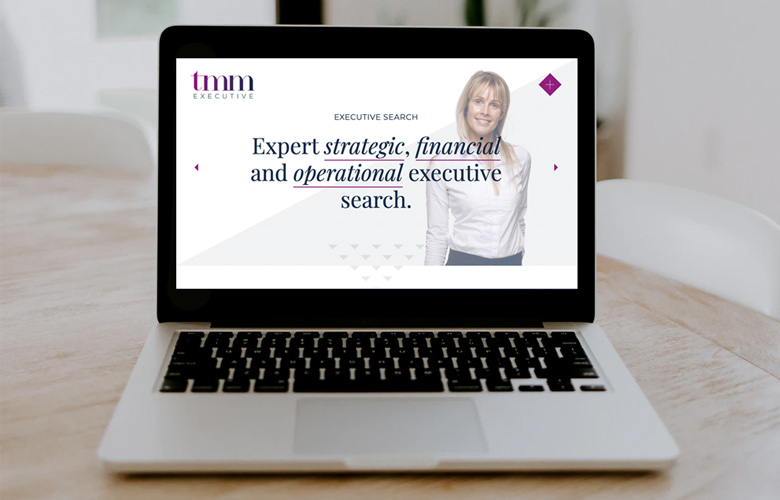News & Insights
Does My Company Need A Non-Executive Director?
15th June 2021

by Jude Thorpe
If you search for “What is the role of the non-executive director” the top result from the Institute of Directors is “to provide a creative contribution to the board by providing independent oversight and constructive challenge to the executive directors.”
Would your company benefit from appointing a non-executive director (NED)? Probably, but the answer isn’t always yes.
Here’s how to make a fair evaluation.
There’s nothing to debate if your business is publicly listed – it’s a requirement and your first point of guidance is likely to be the Combined Code on Corporate Governance.
Bur for private companies, whether or not this is appropriate will depend on a number of factors including the company size, stage of development, growth ambitions, and current board composition.
Are You Ready?
The first question to ask yourself is whether you are ready to commit to the NED relationship. To allow them to do their job well you need to:
- share information openly and give freely of your precious time.
- be receptive to opinions you may not agree with.
- anticipate constructive criticism, in fact, be disappointed if you are not challenged!
- allow them access to other members of your team.
- be open to learning.
As a founding director of an SME, sharing our strategic plans with a “stranger” was initially very uncomfortable for me. However, I’ve been fortunate to work with a number of non-execs over the past 20 years, and receiving their impartial advice has been a catalyst for some of our boldest moves.
Trust
Not only did we have to be ready to listen to the advice we were paying for from our NEDs, we had to be in a trusting relationship. This developed through a carefully executed selection and appointment process, an understanding of their leadership style, and careful framing of their role on our board.
Having outgrown our premises twice within the first 5 years since start-up, our NED encouraged us to invest in our current premises (4 times bigger than our office space at the time) to facilitate future growth, raise our profile and enhance our professional credentials. This proved to be a great decision and not one that we would have taken without the reassurance and confidence the NED gave us at the time.
We have created new roles, broadened our service offering, and directly increased our revenue streams as a result of NED advice.
Dated Stereotype v Experienced Energy
We’ve moved on from the dated stereotype that NEDs are pale, male and stale – older, white guys getting ready to settle into a comfortable retirement.
While there’s a way to go, the momentum is building around diversity of thought on boards and the dangers of collective group thinking. This is creating opportunities for younger people, women and under-represented minorities, people who bring a fresh perspective and who are valued for what they have done, achieved, and been involved with before.
It’s true, our current NEDs are male and pale, but they are the antithesis of stale.
Crucially, they have the investment knowledge and financial experience that we don’t have and which our business needs at this point in its growth. For us, three women executive directors, it is a complementary dynamic.
When I asked Grant Keenan, Managing Director of Keenan Recycling Ltd what he looked for when appointing a NED, here shared this advice:
“We have worked with our Non-Exec Chair for 6 years, and he has been invaluable to the growth and success of our business. From my experience, it is important to be very specific in your ask of your NED and to understand what their purpose is when you bring them into your business.
“For me, it was important that our NED had experience of buying and selling companies, and could advise us on how to buy the right businesses, and help us not to buy the wrong ones. I had met our current Chair socially and felt that there was positive chemistry between him and our senior management team and particularly with myself. I was confident that I could learn from him, and most importantly that we had shared values.”
Strategic Support
Our NEDs don’t work full-time in the business, and they have little interest in the day-to-day activity, that’s the role of our CEO.
They are strategic and hold us to account.
Our NEDs ensure that we have regular diarised board meetings and minutes are properly recorded. This reads as ridiculous but I hope it resonates with other small business owners. Your business is your baby, you’ve little time for administration and you don’t need to justify your decisions – right?
Wrong. As a result of greater rigor at the board level, more gets done as we are all accountable to action the decisions we said we would. Our NEDs make us work harder and smarter.
Throughout the COVID-19 pandemic, it has been hugely reassuring to have measured input, support and encouragement, financial expertise, and a thorough review to ensure all actions were being taken to mitigate the disruption and leverage the opportunities.
Network
Perhaps no-one knows better than an executive recruiter how important personal relationships and an extended network are!
The introductions made by our NEDs over the years have directly impacted our bottom line, including six-figure new business and professional advisor recommendations.
Your business can benefit from NED networks too – if you choose carefully, taking into consideration their personal reputation of course.
Alternatives
Consider what you want the NED to achieve and then ask yourself if there’s actually a better fit elsewhere in your organisation.
Often strategy is confused with tactics. For example, if you want to grow your business through more sales then perhaps hiring a successful head of sales is a better appointment – someone who will take on the day-to-day “making things happen”.
Similarly, if your finances are a concern a more effective appointment is a finance director or outsource it to an excellent accountancy firm. If people development or succession planning is your main objective look to a talent specialist.
Perhaps you just wish you had a trusted person to be a sounding board, a mentor or business advisor could fit the bill - bearing in mind they won’t carry the same liability responsibilities as a NED.
Investment
Finally, consider the duration of your relationship. A NED appointment is a mid to long-term investment, around 3 years. If you’re looking for short-term input, consider the alternatives I mentioned previously.
And of course, their valuable time is not priceless, there are fees to consider which range widely depending on the remit, time spent in your business, and even the size of your business.




